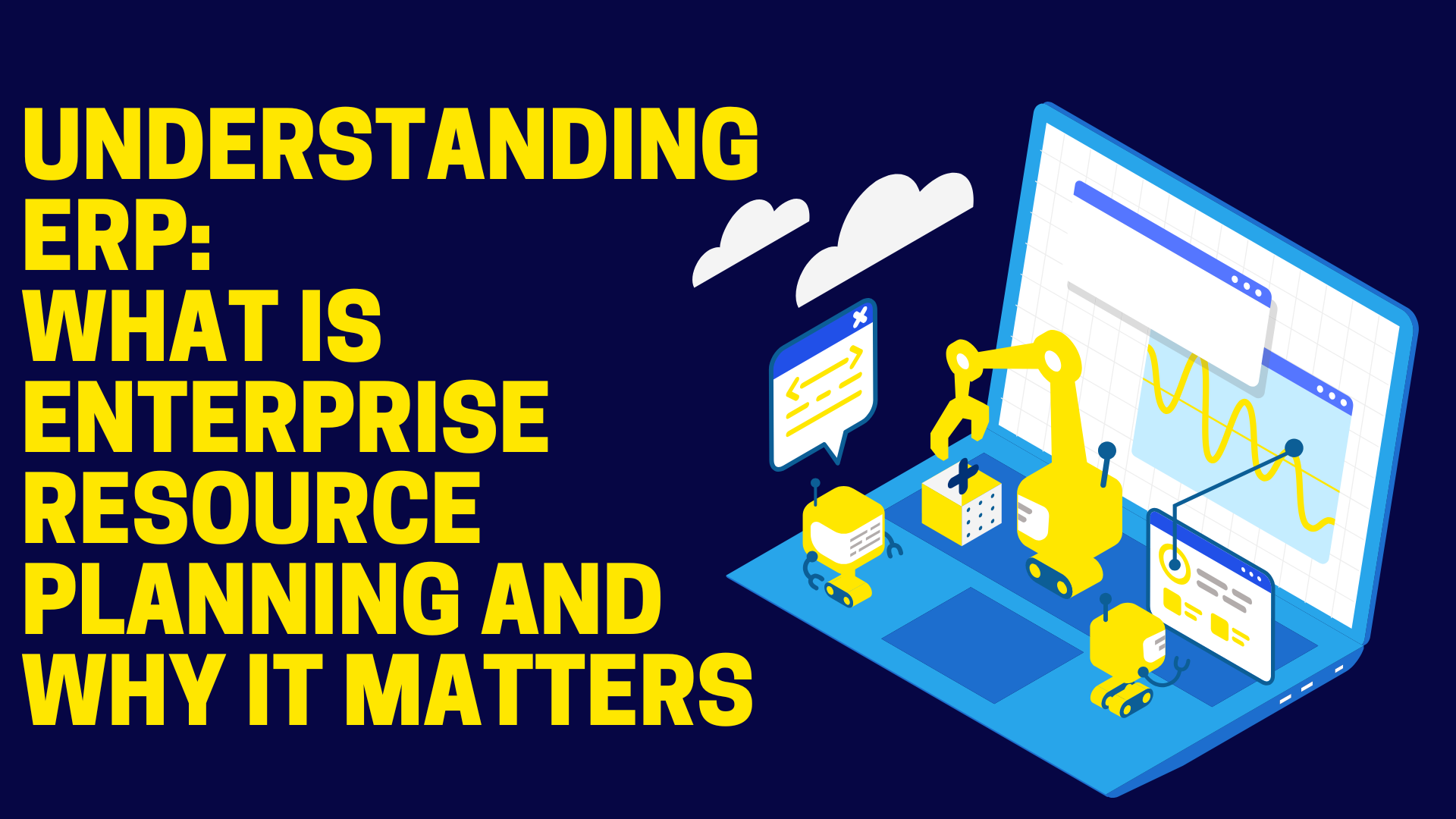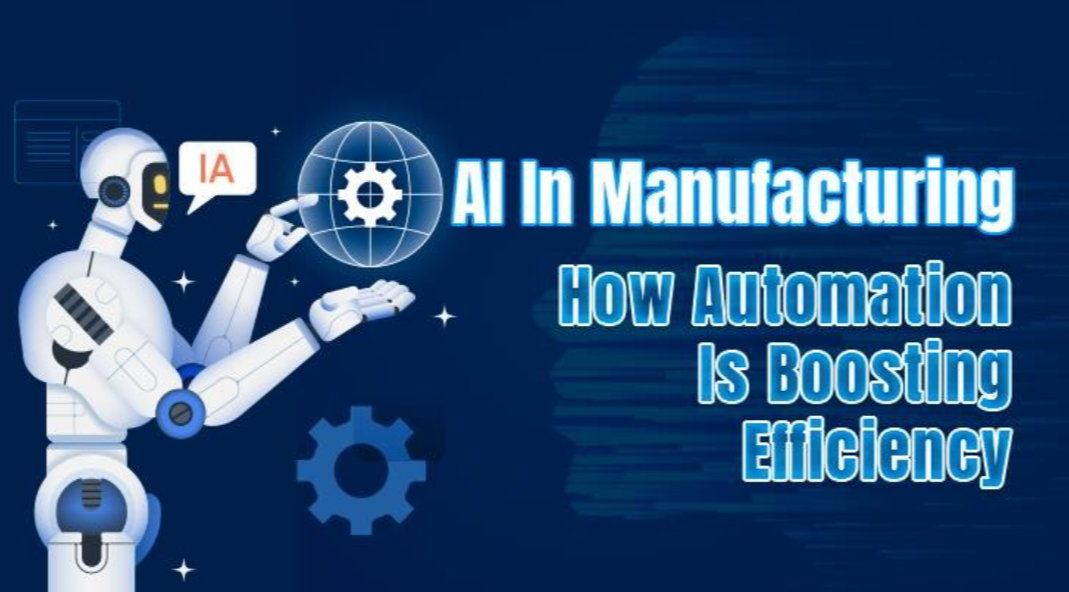Enterprise Resource Planning (ERP), a recognized solution for businesses seeking to enhance operational efficiency, plays a crucial role in integrating diverse business functions into a cohesive system. This article explores the fundamental aspects of ERP, its importance, and the advantages it provides to organizations of all scales
Understanding ERP?
What is Enterprise Resource Planning (ERP)? It is a set of interconnected software designed to oversee business functions such as finance management and inventory control systems in an organization's operations framework.
The Progression of ERP Systems
The origins of ERP can be linked back to the 1960s, when it all began with inventory management and control systems in place. Since then, there has been an evolution in which these systems grew to include functionalities and eventually transformed into Manufacturing Resource Planning (MRB). Eventually, in the 1990s, the term ERP was coined to signify the enhanced capabilities of these systems. In today's context, ERP solutions are taking advantage of cloud technology as artificial intelligence and machine learning techniques, which have made them more robust and user-friendly.
Essential Elements of Enterprise Resource Planning (ERP)
Contemporary ERP systems consist of sections tailored to manage business operations effectively. Financial management components monitor budgeting procedures and financial reporting tasks. Human resources segments are dedicated to overseeing employee affairs such as payroll management and recruitment processes. Supply chain management divisions keep track of inventory levels and logistics operations.
The Significance of ERP
Enterprise Resource Planning (ERP) systems are vital for improving organizations' efficiency by integrating systems into a unified platform. When ERP integrates systems into one unit, it helps minimize duplications and errors in data entry, which leads to improved teamwork among departments and smoother workflows. Additionally, the real-time data features of ERPs enable companies to adapt quickly to market shifts, stay ahead of the competition, and enhance customer satisfaction.
The Advantages of Implementing an ERP System
When you introduce an ERP system into your operations, you stand to gain advantages. To start with, it boosts efficiency by handling tasks and cutting down on data input. Moreover, it enhances control by providing timely reports. Furthermore, ERP systems enhance inventory management, which helps cut expenses related to stock or shortages. On top of that, having insight into your operations enables you to pinpoint inefficiencies and streamline processes. Overall, these perks work together to drive up profits and foster expansion.
Hurdles Faced During the Execution of ERP Systems
Implementing ERP systems has benefits. However, it also brings challenges for businesses to tackle, such as high upfront costs and resource allocation concerns. This is especially true for small enterprises, which may find it daunting to invest in them initially due to the complexities involved in using ERP systems, which require extensive training that might consume a significant amount of time and effort on their part.
Future Prospects in Enterprise Resource Planning (ERP)
The world of ERP is always evolving, with trends influencing its future direction. Cloud-based ERP solutions are becoming more popular because they offer scalability and cost efficiency. Integrating intelligence and machine learning improves analytics and provides valuable business insights. Mobile ERP apps also allow for access anytime and anywhere, making remote work more flexible. As technology progresses, ERP systems are expected to become more user-friendly, personalized, and responsive to evolving business requirements.
Selecting the Best ERP System
Choosing the ERP software involves assessment and reflection by companies as they assess their unique requirements and financial limitations to be in line with their long-term objectives and adapt to potential expansions down the road, efficiently involving key stakeholders in deciding on a solution that caters to various department needs is crucial partnering, with a trusted ERP vendor guarantees continuous assistance and effective deployment.
Conclusion
Grasping the significance of ERP and its impact on business success is crucial in today's world of commerce and technology advancements. ERP solutions provide a platform for streamlining business operations to enhance productivity and foster expansion. Although the process of implementing ERP systems poses hurdles, the lasting advantages it brings make it a valuable asset for companies. As technology progresses further into the future, ERP systems are expected to evolve to deliver enhanced benefits and support to businesses.

















Post Comments